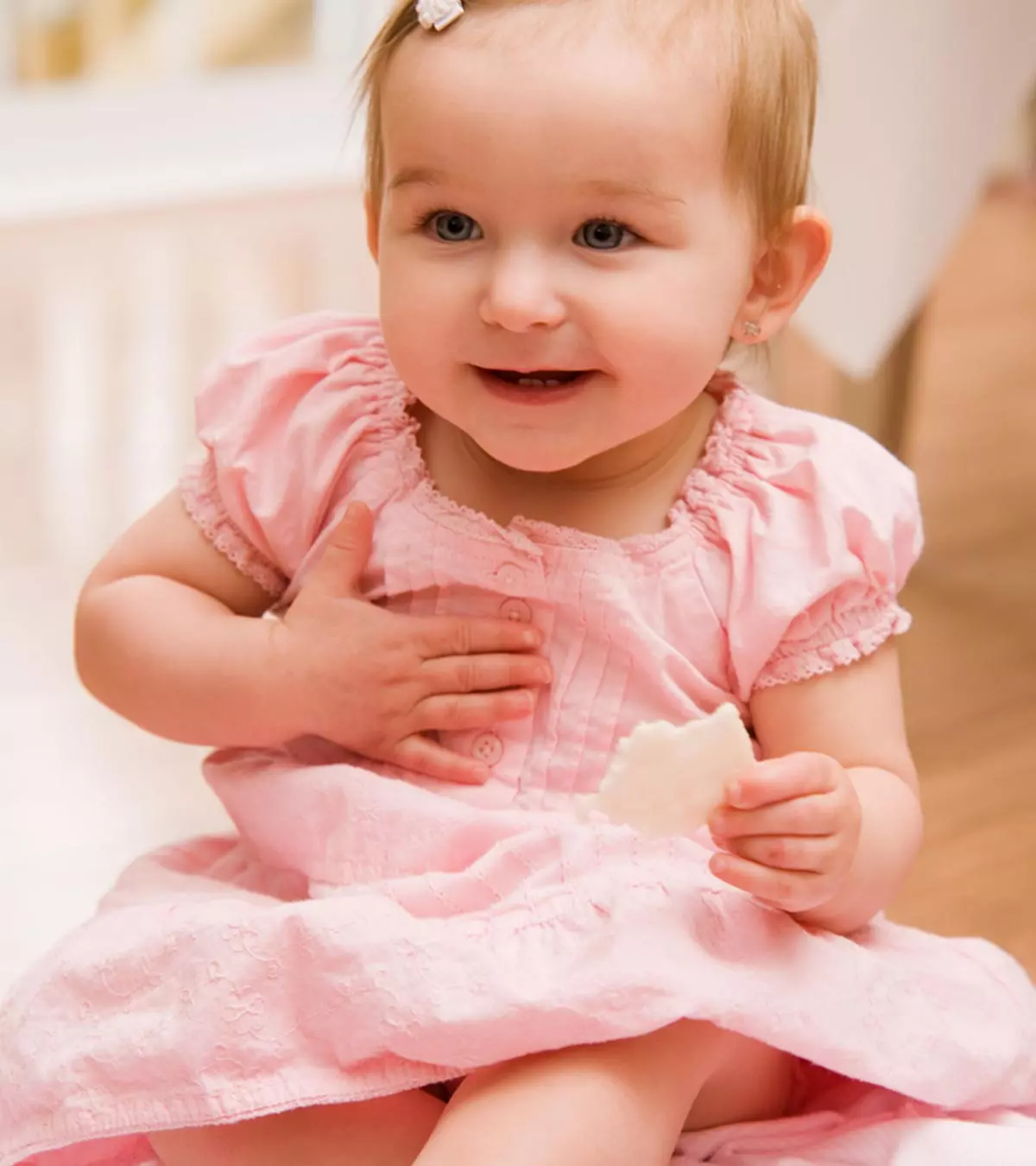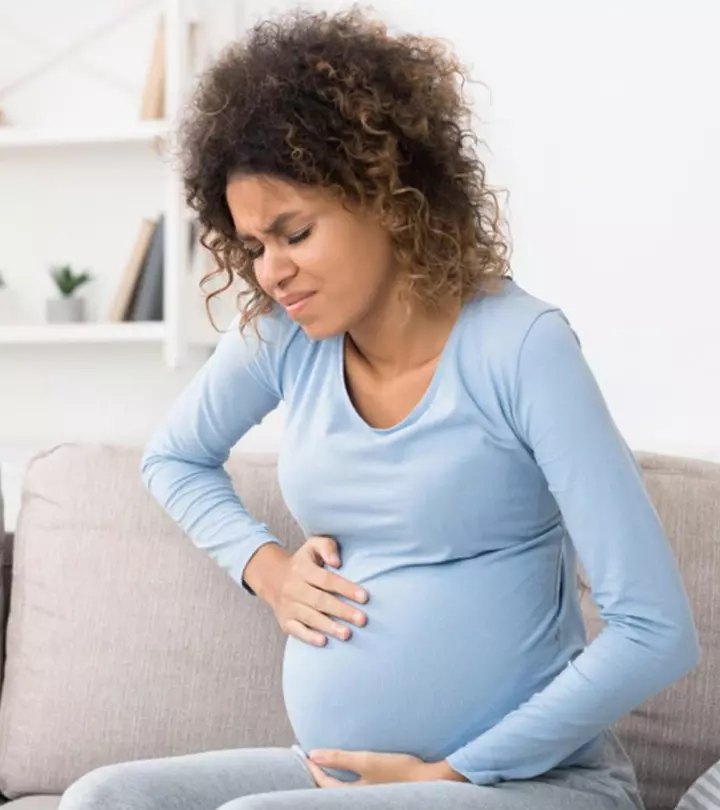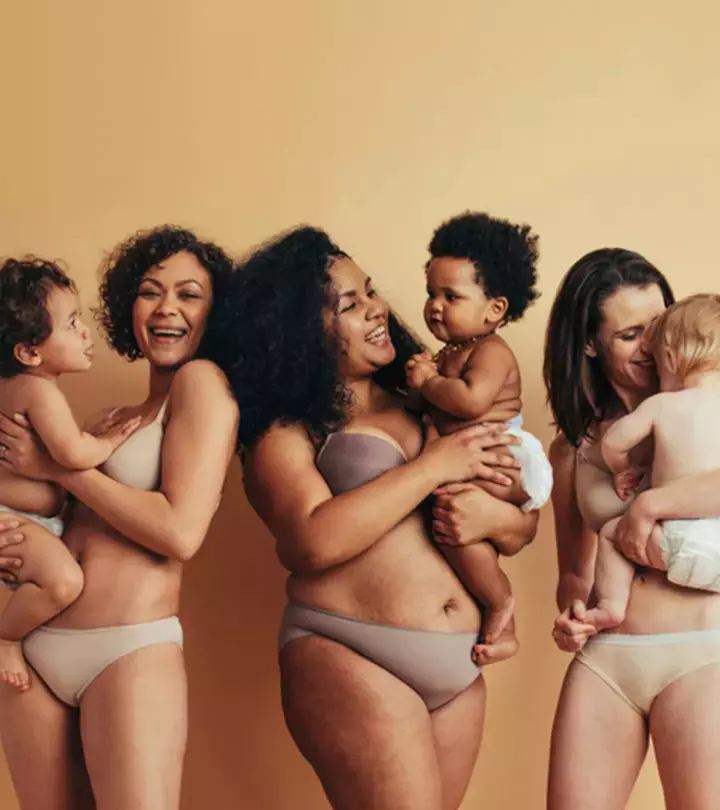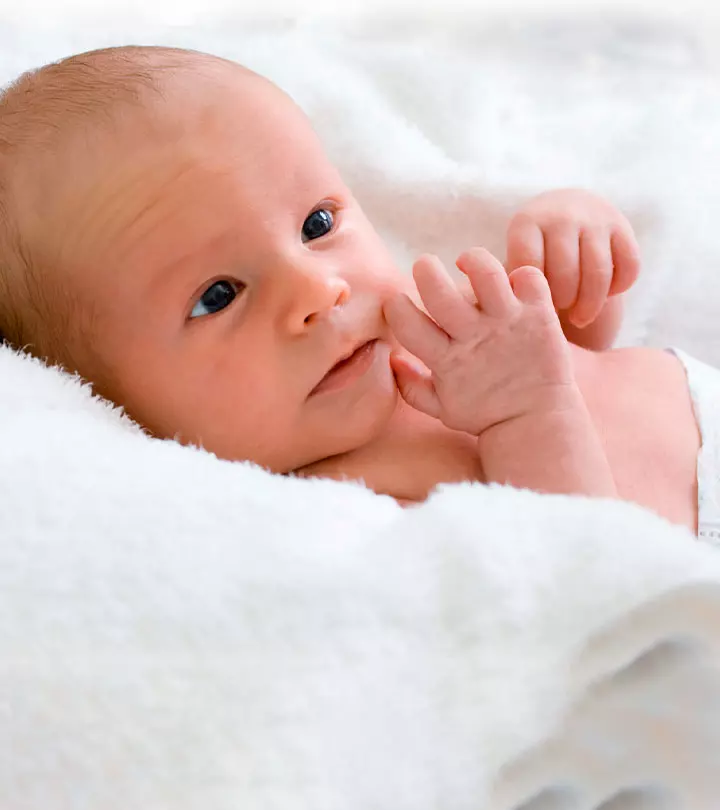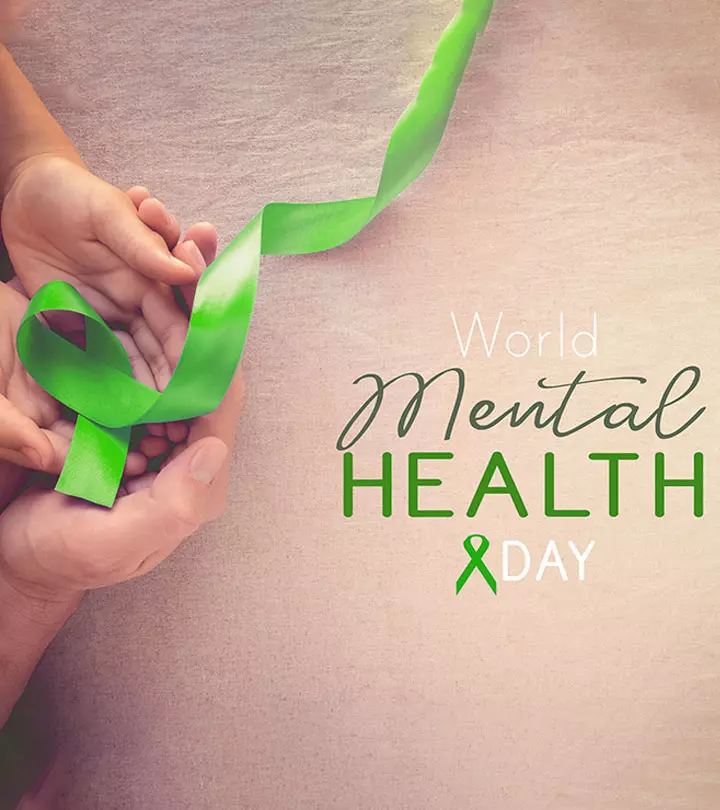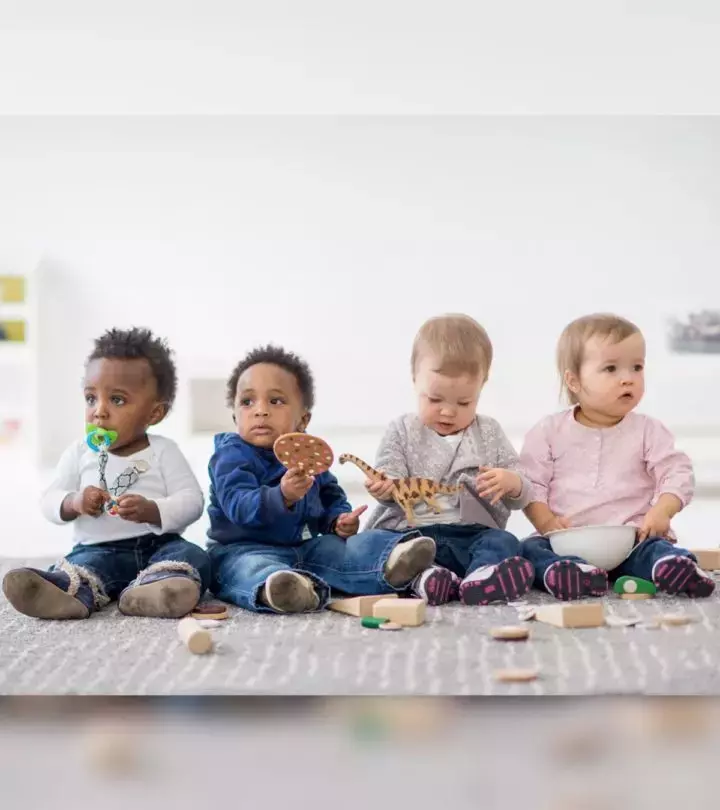
Image: Shutterstock
So you’ve been trying for a while, and then it finally happened — you’re pregnant! You probably followed the same routine that every woman trying to conceive does. After the initial home pregnancy test, you visit a doctor and get a blood test done to confirm your pregnancy. Things are going great, and you go in for your first sonogram after a few weeks. You are probably nervous since it’s your first time, but the nurse talks to you and explains the procedure. A few minutes later, you’re all set to get an ultrasound, and you lie down on the chair while your doctor or a skilled technician applies some cold gel on your stomach. Then, they use a transducer that transmits high-frequency waves as an image testing tool to monitor your baby. And that’s when you get the surprise!

Your doctor informs you that they can hear two heartbeats. You’re having twins! It’s almost unbelievable, and you’re overwhelmed with emotions. If this whole scenario sounds familiar to you, we are here to help you understand your chances of having twin babies. We believe that it’s something you should be aware of because it might help you prepare better. Having a baby is hard, and twins make it twice as hard — literally! So, without further ado, let’s dive into it:
Why Do Twin Pregnancies Happen?
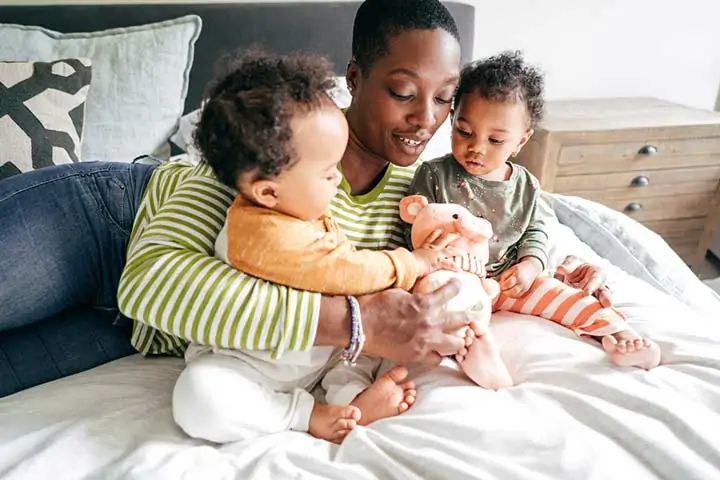
Image: IStock
When a sperm fertilizes an egg to form an embryo, conception occurs. During the time of fertilization, if there are two eggs present in the womb, it could result in a twin pregnancy. This kind of pregnancy leads to unidentical twins because they do not share identical genes. They also might not be of the same gender. However, another factor that causes twin pregnancies is when one fertilized egg splits into two embryos. This leads to identical twins of the same gender, as they share identical genes (1).
How Common Are Twin Births?

Image: IStock
Although twin births are not that common, the numbers have been rising for a while now. According to a news report, about 1.6 million twins are born each year, with one in every 42 children born as twins. Advanced reproductive medical treatments like IVF and delayed childbearing, are seen as some of the reasons for a rise in these numbers. However, the report also says that though the world has the highest number of twins ever born, it has probably reached its peak (2).
What Are Your Chances?
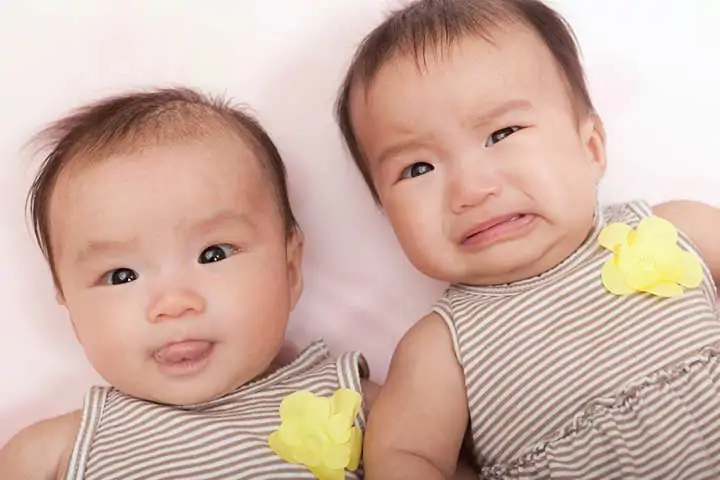
Image: Istock
We wish we could give you a percentage, but that’s not practically possible. Therefore, let’s look at a few factors that could affect your chances of having twin babies:
1. Family History

Image: IStock
It’s no surprise that family history plays a role in your chances of having twins. A woman has a higher chance of having a twin pregnancy if she has a family history of twins. It is also said that a family history of twins on the mother’s side makes it more likely than that of the father’s side. Some people also believe that twins can skip a generation, which means, if your mother had twins, you probably would not, but your children’s chances of having twins may be higher.
2. Fertility Treatments
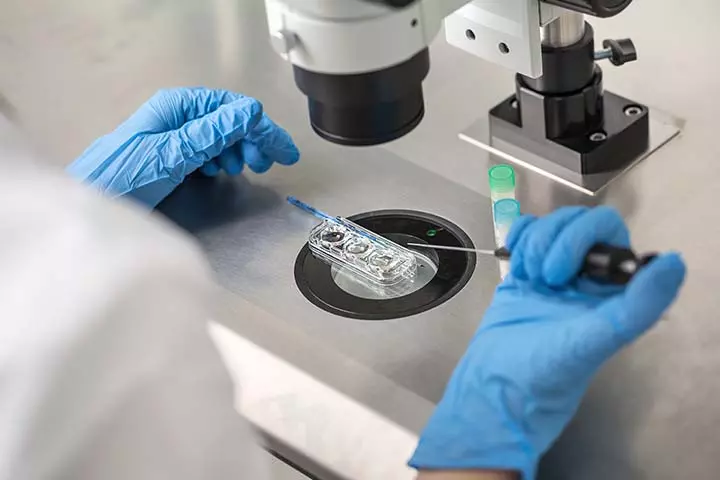
Image: Shutterstock
One of the top reasons that cause twin births is fertility treatments. In-vitro fertilization (IVF) is one such treatment that increases your chances of having twins. During IVF, the fertilization and formation of an embryo happen in a lab. The fertilized egg is then transferred to the woman’s womb or a surrogate mother. The medical professional usually places more than one embryo in the womb to increase the chances of a pregnancy. Therefore, it could lead to multiple pregnancies.
Some fertility drugs can also stimulate a woman’s ovaries, which sometimes causes them to release more than one egg during their reproductive cycle. If a sperm fertilizes both these eggs, it could result in twins.
3. Age

Image: Shutterstock
Women who are 30 or older have a higher chance of twin pregnancies because they tend to release more than one egg during their reproductive cycle. If the sperm fertilizes two separate eggs, twin pregnancies may occur.
4. Height/Weight

Image: IStock
If you’re a taller and heavier woman, the chances are that you might have unidentical twins. The reasons for such an occurrence are unknown, but experts suggest that it could be better nutrition. The more body weight you have, the higher resources you have to support two developing fetuses.
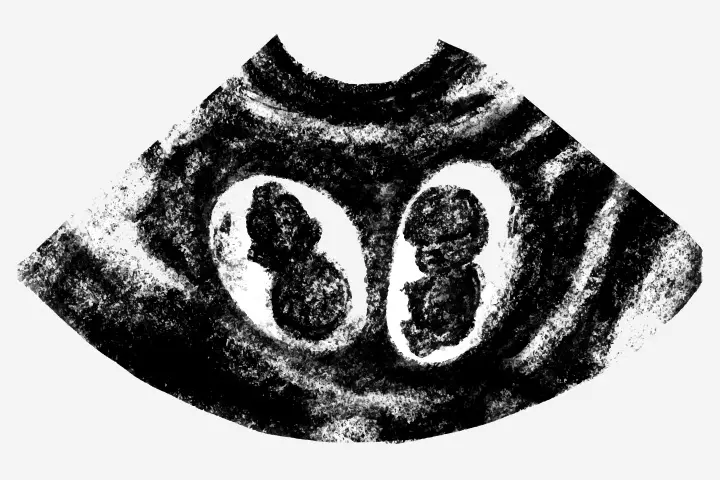
Image: Shutterstock
Many pregnancy-related complications can arise when you’re carrying twin fetuses. Having two fetuses causes more strain on the body of the expecting mother. It becomes important that mothers engage in spine strengthening exercises early on in their pregnancy so that they won’t have to suffer severe back-related problems in the later trimesters (1).
Another great risk of twin birth is the chances of the fetuses dying during labor or childbirth. It has been seen that the death of one fetus can have an impact on the second. Acute hypotension can result in the death of one fetus and increase the risk of death of the other by 10-15% (1).
There are a plethora of other complications many of which are sometimes unique from case to case. But this is not to scare would-be mothers. In fact, being aware of the risks and taking precautions early on is the prudent way to go for twin births. Pregnancy in itself is a complicated and challenging process to deal with; being pregnant with twins, more so. Seek out experts who specialize in twin births and prepare for the due date with all the delicate and intricate caution and preparation.
In the end, proper research is yet to be conducted to understand more about twin pregnancies. But if you want to know more and think that you could be someone who might have a twin pregnancy, you could speak to your doctor about it. They will probably be able to guide you and help you through it. Would you like to have a twin birth? Let us know in the comments below!
References
- Twin Births
https://www.ncbi.nlm.nih.gov/books/NBK493200/ - Twins peak with more born than ever before
https://www.bbc.com/news/health-56365422
Community Experiences
Join the conversation and become a part of our nurturing community! Share your stories, experiences, and insights to connect with fellow parents.

